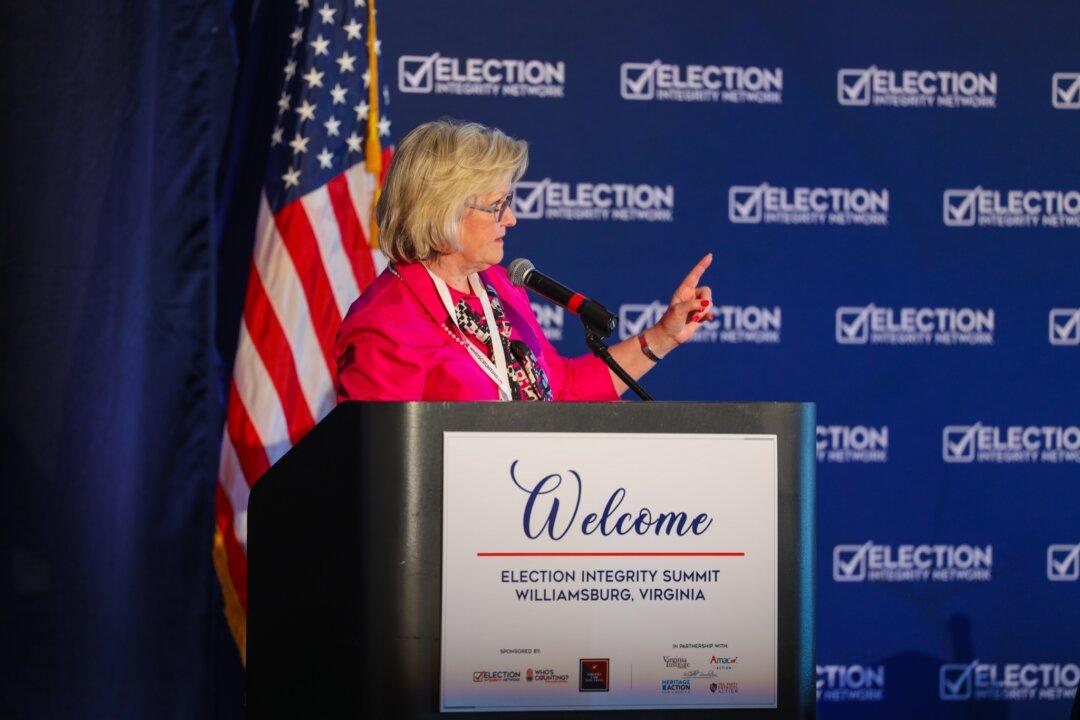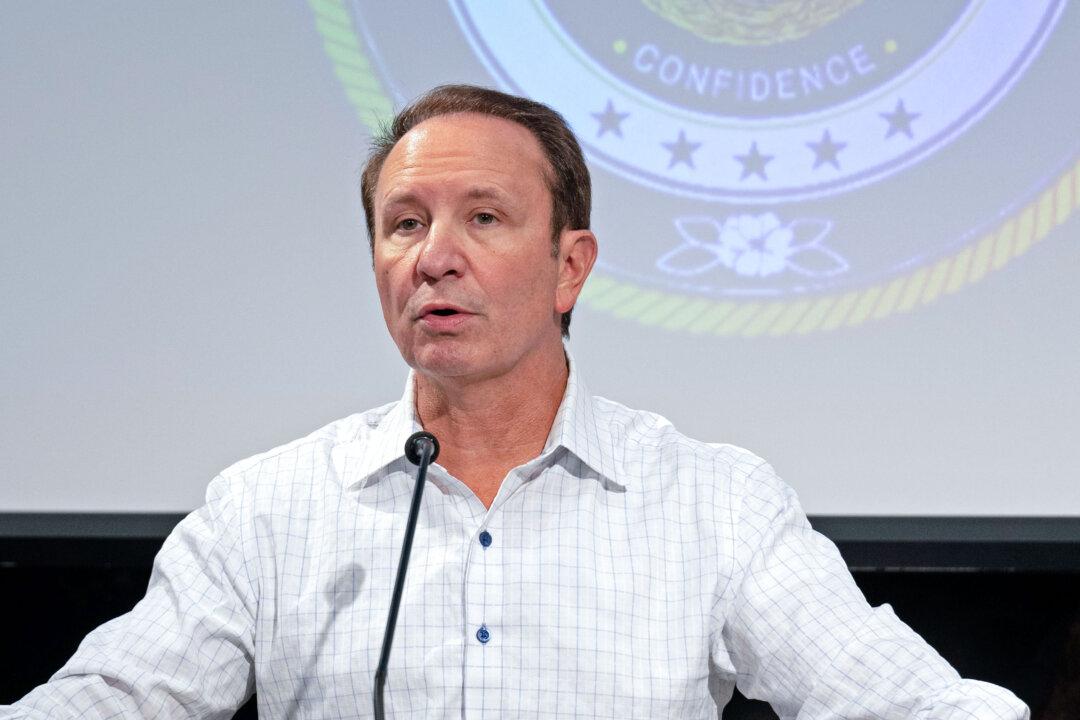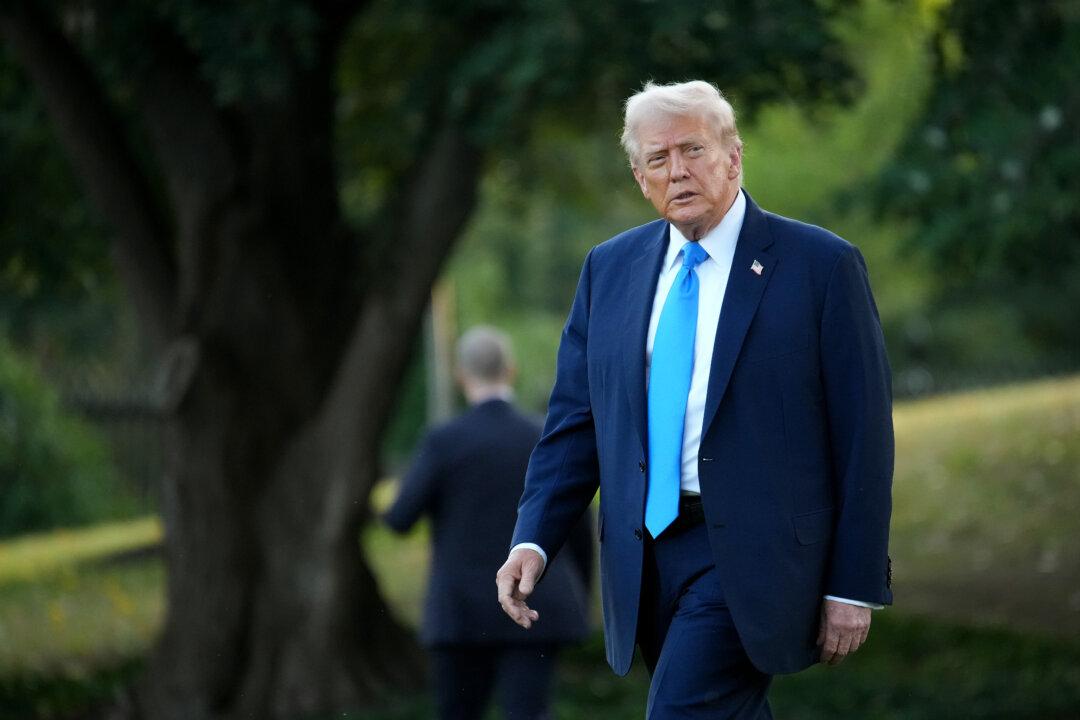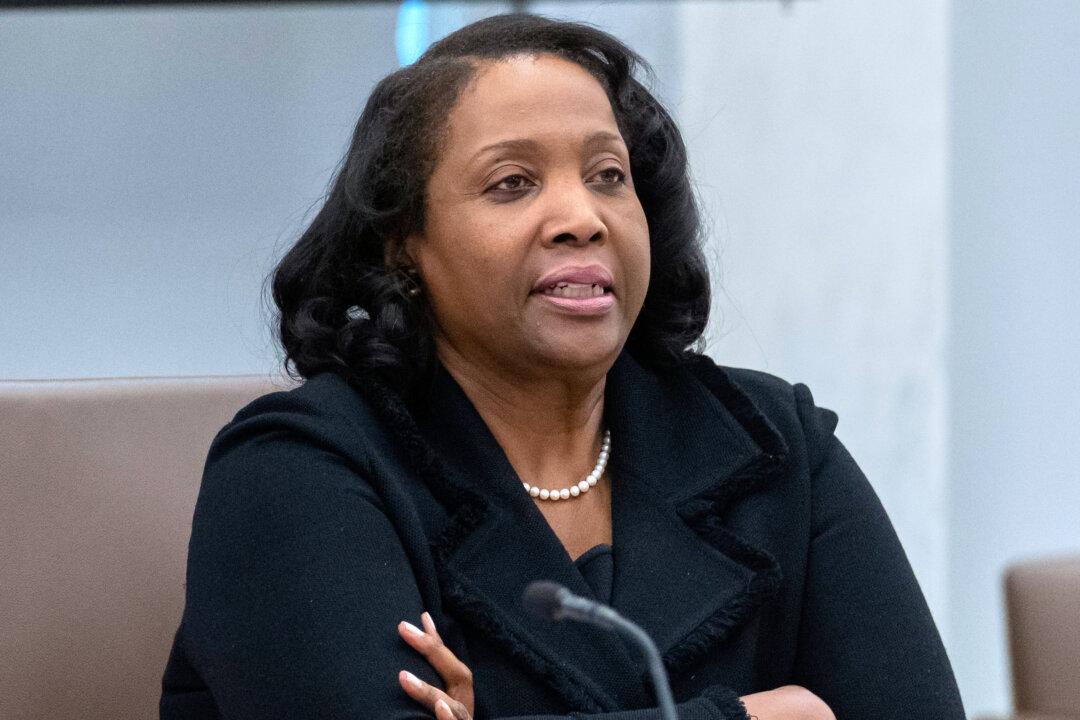At 10 past 5 in the morning on Election Day in 2021, retired construction company owner Warren Jenkins pulled on his business-casual attire in a panic, knowing he had to get to the polling station in 20 minutes. He was the only Republican poll watcher in an important precinct.
Jenkins’s wife, in a prescient move, had premade lunch for her husband, who managed to arrive at the polls to begin his 15-hour shift—from 5:30 a.m. to about 9 p.m.—just in time.





